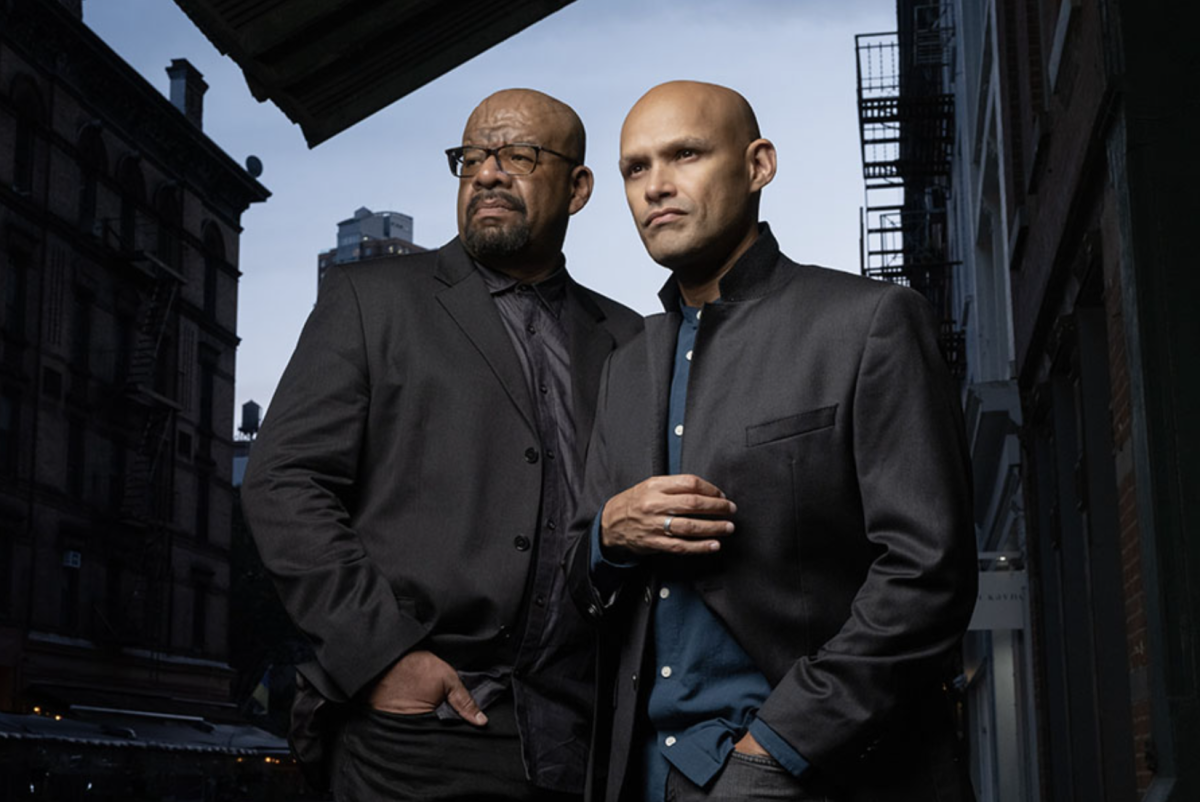“A confession everyone—I’M ASIAN! Surprise!” The loud proclamation opened up Kristina Wong’s show, “The Wong Street Journal,” on Mar. 8. The show, billed as a “sharply hilarious one-woman live performance breaking down complex issues such as click bait, global poverty, privilege, and economic theory,” was highly energetic, truly profound and absolutely hilarious.
The story is an act in three parts. In Act I, Kristina Wong is introduced to the audience as a ‘woke’ millennial dedicated to fighting trolls and the uninformed on all forms of social media. In Act II, she travels to northern Uganda to find her purpose in a three-week volunteer trip in which she accidentally becomes a Ugandan rap star. In Act III, she experiences an epiphany about her own “white guilt” and the reality of Western heroism.
Like the story itself, the show is a rollercoaster. From the quirky do-it- yourself set—Wong handmade each element of the set, including cheeky Wall Street-style ticker tape, her beloved iPad, and dozens of hashtags that were then thrown into the audience—to the actual journey from America to Uganda, the show pulls the audience in repeatedly throughout the 75-minute run time by sharply turning where one least expects it and being outrageously funny while doing so.
Dependency on social media is a truth universally acknowledged, and Wong’s own experiences with social media are shared among members of the audience. Wong explained, “The journey I outline in the show is me as a fairly ‘woke’ social media ‘armchair activist’ accustomed to calling out all things racist, sexist or privileged only to show up in Uganda where I am the awful oppressive thing that I call out all the time.” Her experience as a third-generation Chinese-American did not translate at all in Uganda, where one of the rappers called her “mzungu,” which means “white” in Swahili and “European.”. The realization at the end is something not touched upon by many others. In America, the tag of “Asian- American woman” comes with its list of detractions, but in Gulu, Uganda, Wong realizes that she is “the beneficiary of colonialism, of […] American identity, of having non-African skin…[and that she was] given privileges [she] did not earn.” The role reversal of the colonized becoming the colonizer was a culture shock experienced by Wong and through her, the audience.
The Wellesley premiere of “The Wong Street Journal” is part of a series of events celebrating Asian Awareness Month. With her show, Wong offers an insightful view of the Asian-American experience, this time with a heavier emphasis on the “American” than on the “Asian.” Wong bucks tradition as an Asian-American performance artist—she says “Everyone in my family has a career where they make a salary and good money”—but her reality is that she has “a harder time explaining the aesthetic of my work than getting people to ‘believe’ that an Asian can be a performance artist.”
In an interview after the performance, Wong commented on the need for Asian and non-black POC in the #BlackLivesMatter movement. She says that “when it comes to Asian Americans working in support of Black liberation… while Asian Americans have a history of working in solidarity with black power movements, what more people recognize is the anti-Black sentiments inside Asian American communities.” This issue has not gotten the traction it truly deserves and is an important issue affecting both black and Asian communities. Wong goes on to say, “we must recognize that we are not free if others are left behind” and that we must “take black leadership, support #blacklivesmatter events, educate ourselves and be allies who speak up when we are in the position to offer our platform.”
Though the audience was intimate, Wong dedicated the entirety of the show to us. Through her realizations, those of us who identify as Asian-American came out of Jewett with a new perspective on our shared identity. While Wong jokes that “‘Kristina Wong’ may not be a big brand name like Apple, Google, or Jesus Christ,” she definitely should be.






